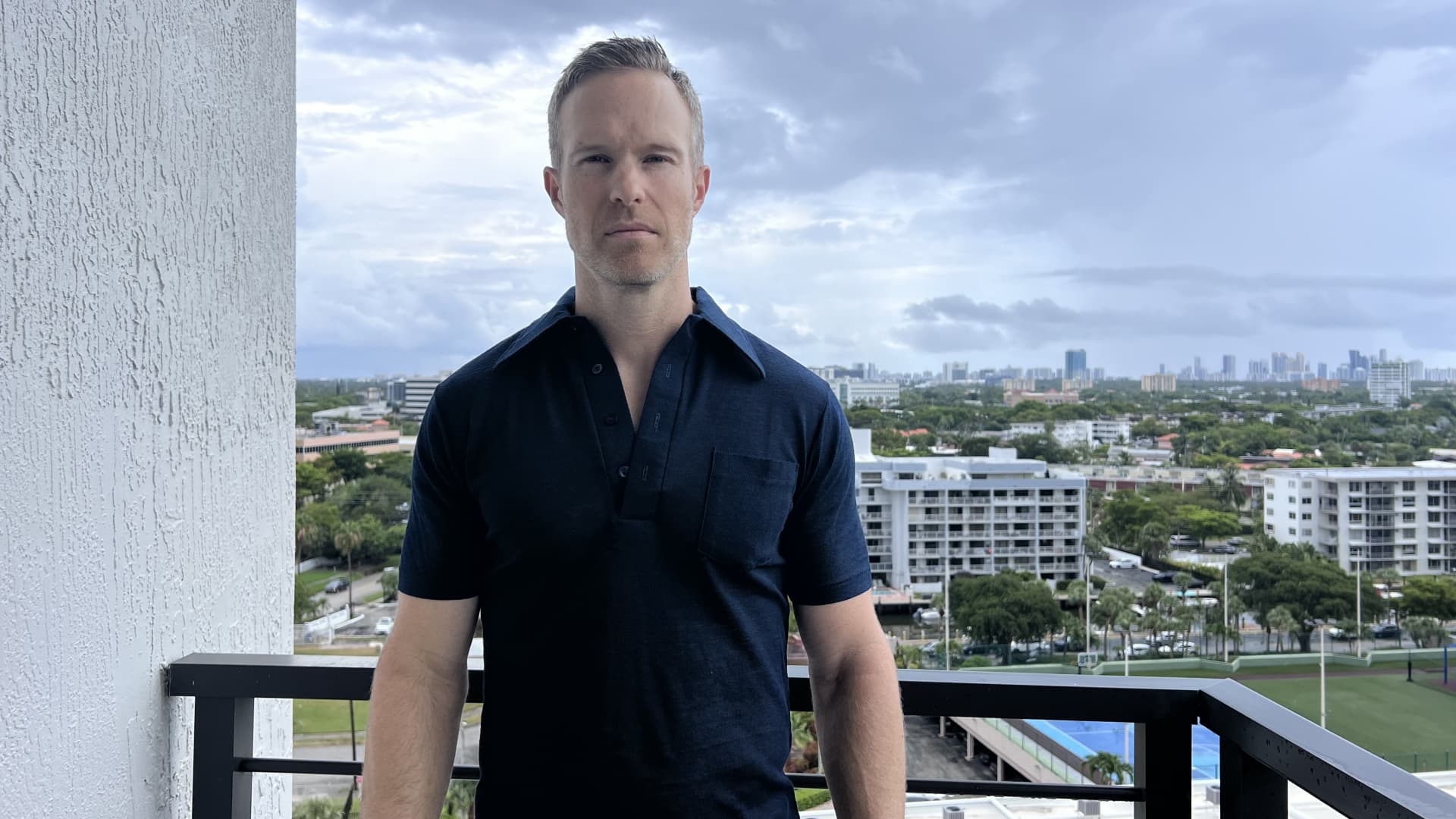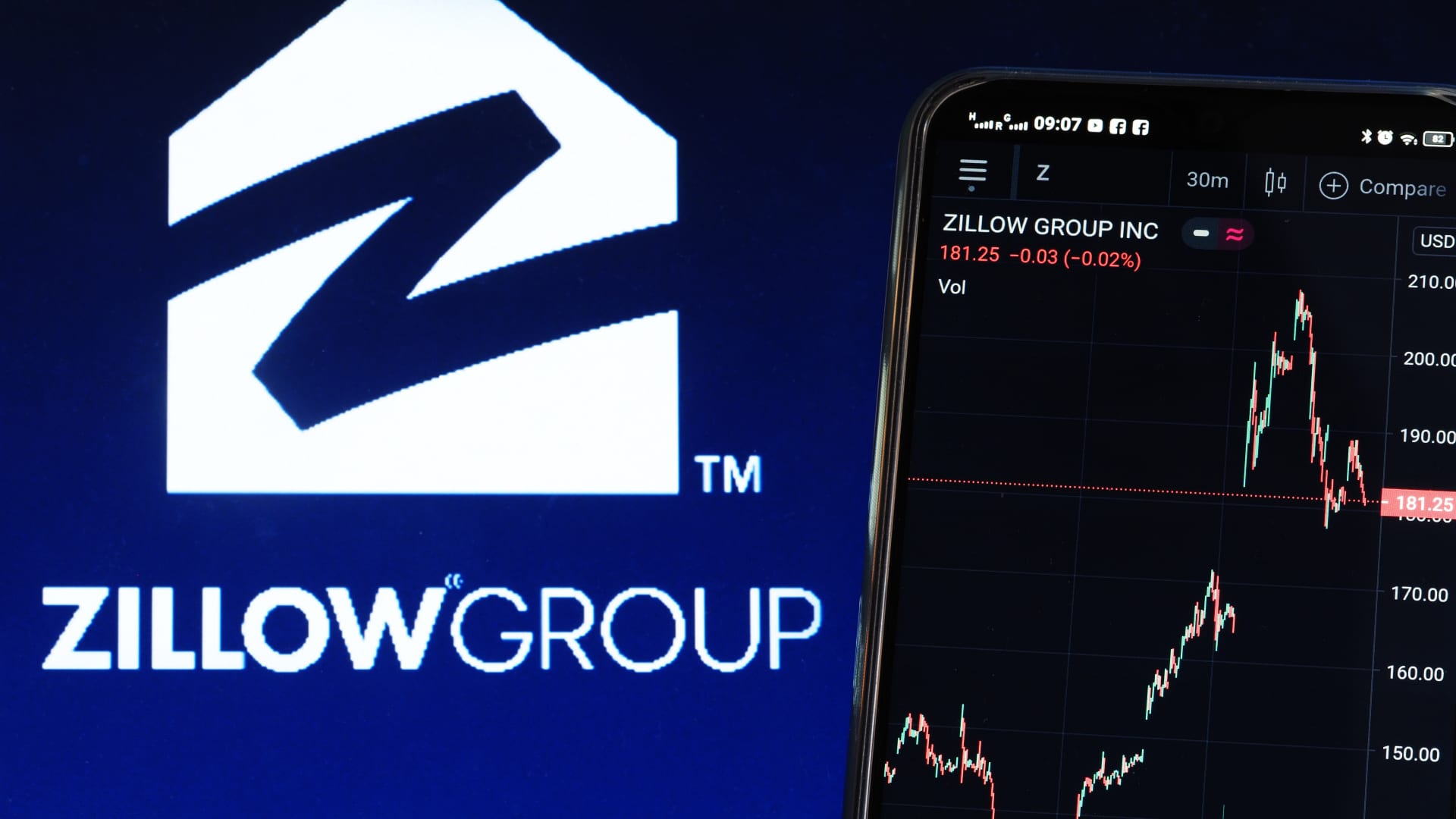J
ustin Klish, a 46-year-old financial services worker from Miami, invested $400,000 in two real estate projects on Yieldstreet's platform in February 2022. The company promised annual returns of around 20%, but three years later, Klish has little hope of recovering his investment. Yieldstreet declared one project a total loss, wiping out $300,000 of his funds, and the other is struggling to avoid a similar fate.
Yieldstreet's real estate investments have been hit hard by rising interest rates and market conditions that pressured valuations industrywide. The company says it has delivered positive returns on 94% of matured real estate investments, but this figure likely doesn't include distressed projects like Klish's. Yieldstreet has offered 149 real estate deals since inception and has a watchlist designation for some projects, which doesn't always result in investor losses.
Professional investors point to the possibility that Yieldstreet may be getting deals that are picked over by more established players due to adverse selection. The company's track record suggests a lack of discipline in underwriting and market conditions going against them. In late 2022, Yieldstreet told investors that real estate was a "safe(er) haven" asset during periods of rising rates and high inflation, but this year, the company disclosed that several projects were in technical default.
Customers accuse Yieldstreet of downplaying investment risks and say its disclosures around performance can be sloppy or misleading. Mark Underhill, a software engineer who invested $600,000 across 22 Yieldstreet funds, faces $200,000 in losses on projects that are on watchlist and have never made payouts. Louis Litz, an electrical engineer from Pennsylvania, put $480,000 into Yieldstreet funds and now faces the possibility of losing at least half of his investment.
Yieldstreet has decided to pivot away from its original business model and become a distribution platform where 70% of funds are from established Wall Street giants like Goldman Sachs and the Carlyle Group. The company's new CEO, Mitch Caplan, says this move will help protect customers from losses due to the underlying collateral in Yieldstreet's investments. However, Klish remains skeptical, saying he was "duped" by the company and worries that it will continue to happen to others.















